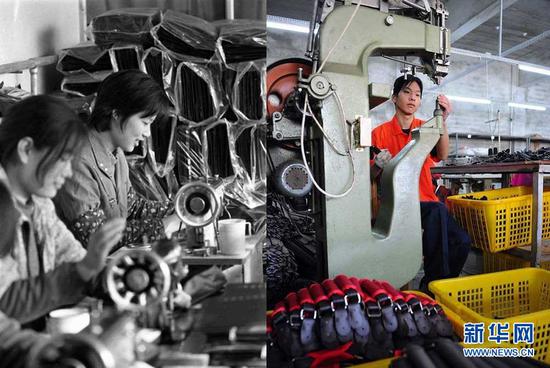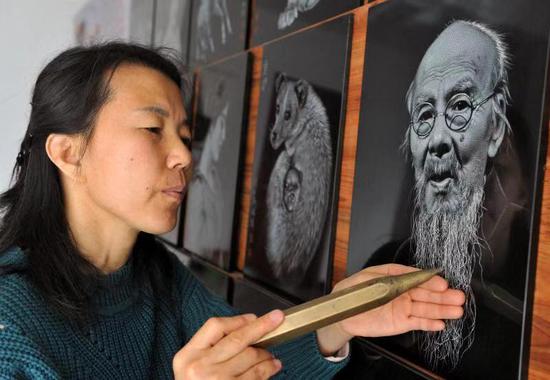Although attitudes have changed over the years, many gay men, the most affected group in China, are unable to be open about their sexual orientation and as a result may take part in risky behaviors, according to a study published in the Equal Rights Review. The social and family pressures in China to marry and have children means a substantial proportion of these men are married to unsuspecting female partners, exposing the heterosexual partner to risks.
This may dispel the view that liberal attitudes are to blame for the spread of HIV through sex. But rather, if anything, it's people being unaware of their own or their partners' statuses, and marginalized individuals compelled to seek out dangerous encounters with strangers.
China CDC estimated up to another 20 to 30 percent of HIV/AIDS patients are either not aware of their infection status or have not reported it, warning that the control of HIV/AIDS remains a challenge. The center also found that less than 40 percent of sexually active university students used condoms.
Significant progress made
It is clear that China's epidemic significantly affects key populations in the country. But is it really that bad?
Experts say the surge in the number of HIV-infected people is mostly due to a sample expansion.
Wang Bin, deputy head of the China CDC, noted that the country's HIV prevalence rate remains low compared with that of other countries.
Wang said the number of HIV infections caused by blood transfusions had essentially been reduced to zero. Those caused by injecting drug and being born to HIV-positive mothers had also notably fallen.
China has also spent big on prevention projects. The government has funded 99 percent of the country's response to the epidemic from domestic sources, according to a 2015 report by China Health and Family Planning Commission. In the past three years, about 157 million yuan (22.6 million U.S. dollars) has been allocated to AIDS control projects by nongovernmental organizations, according to the China AIDS Fund for Non-Governmental Organizations.
Local disease control and prevention centers are offering free consulting and testing services and some universities have installed dispensers selling HIV antibody testers.
China has made significant progress in AIDS prevention and awareness campaign, thanks to efforts from government and health institutions. But social attitudes towards people living with HIV, tolerance towards the lesbian, gay, bisexual and transgender (LGBT) community and sex education for young people are still in great need for improvement.
After all, it's a struggle shared by and affecting humans all across the world.


















































